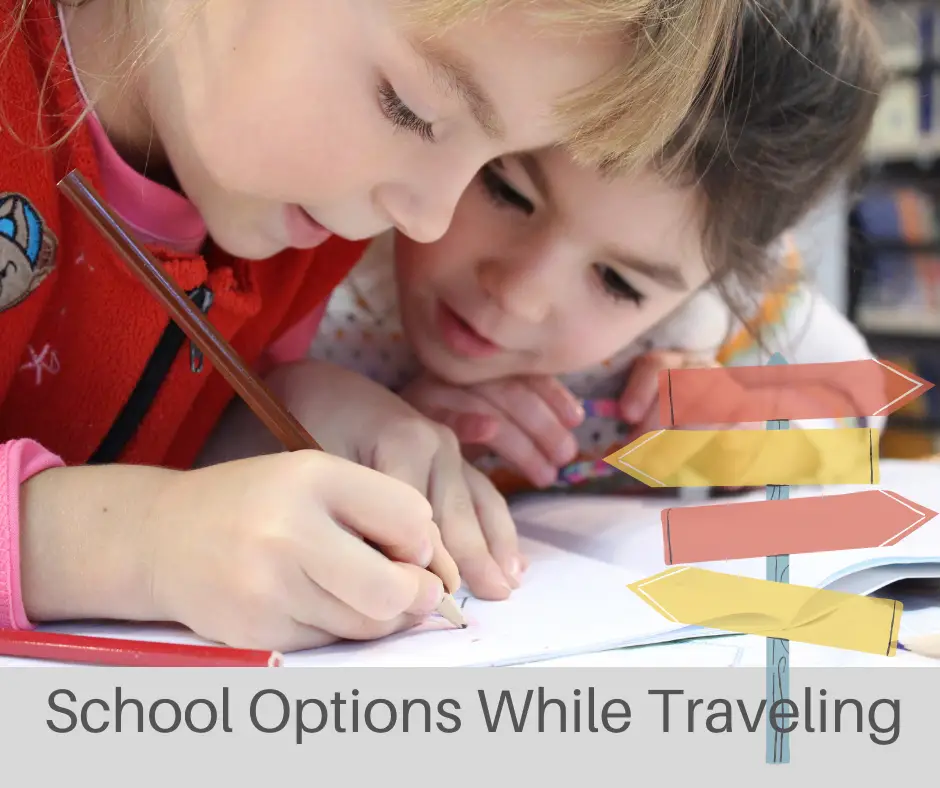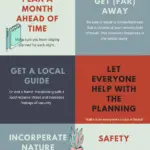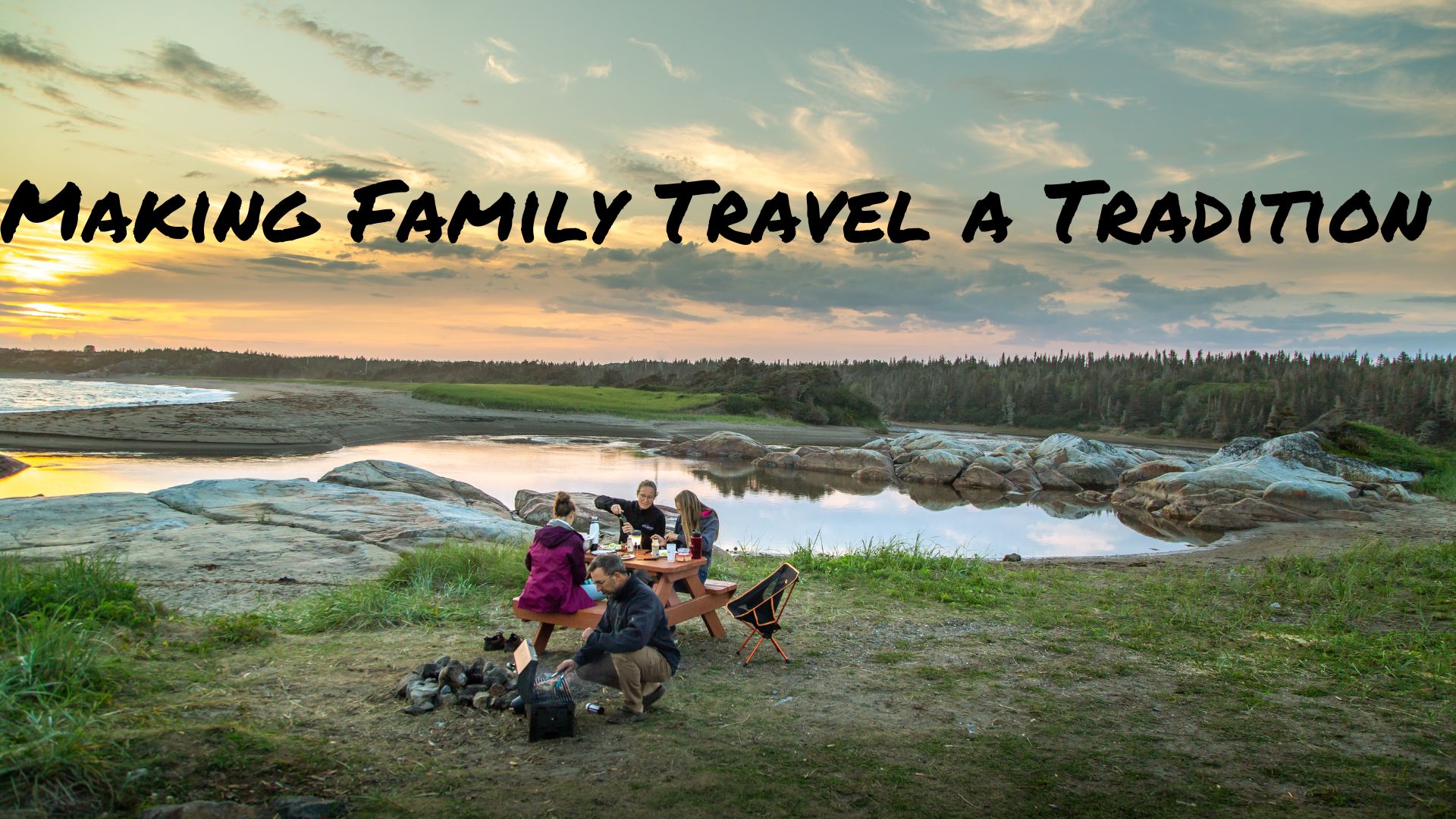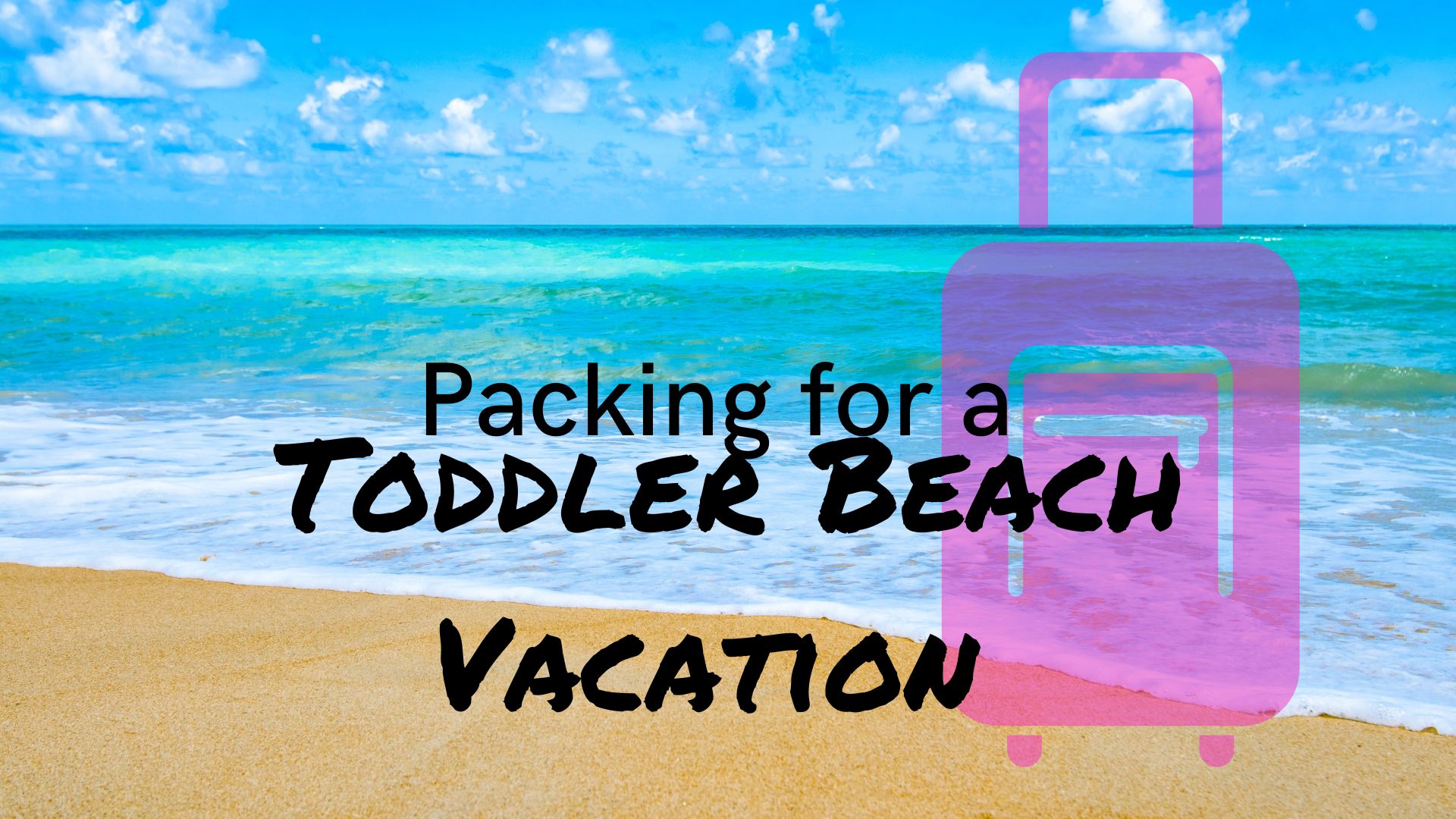There are more families traveling the world than you might think. These families educate their kids on the road or around the world with virtual, traditional, classical and unconventional methods!
If you are dreaming or planning a long term vacation you may be wondering how to keep the kids on track!
What does schooling while traveling look like?
You have choices Mama!

World Schooling or Roadschooling
Education TO GO!
Educating your k-12 student while traveling extensively is called roadschooling or worldschooling.
Parents who choose worldschooling use the locations that they travel to as the main source of education for their children. These parents take time to incorporate learning into their travel plans.
Worldschooling families visit museums, famous landmarks, zoos, aquariums, safaris, historic sites, farms and factories to give their children a wonderful rich education.
Worldschooling families may or may not use a formal structured curriculum, but may instead encourage their students to journal, document and think deeply about their experiences.
This type of learning helps students create deep meaningful connections between all subject areas. Visiting ruins of an ancient temple give students information about social studies, civics, religion, anthropology and can even include things like science and math.
Worldschooling is not the best fit for every traveling family, some families travel to relax and spend time in resorts and on beaches, some families travel extensively for jobs and do not have the flexibility to incorporate lots of educational trips.
| Pros | Cons |
| Location Independent | Costly |
| Experiencing Different Cultures | Little Chance for Long Term Friendships |
| Flexibility | Missing Family at Home |
| Create Connections | Few Possessions or Toys |
Unschooling
Parents who embrace unschooling reject the traditional education model of formal education and let their children lead.
Unschooling is not no schooling, it is a beautiful way to respect your child and lead them to an education that is completely unique to them.
When your family is traveling, school is likely going to look very different from when you were at home, unschooling might seem like the perfect solution, but for unschooling to be successful parents must really understand and embrace all aspects of this teaching method.
Families who choose to unschool while traveling will include their children in the planning process and give students freedom over what they will learn and how they will learn it. Unschooling students may choose to bring books and journals on their trip or they may become interested in one aspect of your location and delve into internet research on the topic.
Unschooling asks parents to give children control over their learning, their time and their activities. It is a lifestyle and an education method. This can make unschooling particularly difficult to begin while on the road.
An established unschooling family can really deepen learning through travel, but giving children radical freedom for the first time when you are on the road will come with challenges.
Taking a break from formal instruction during times of travel is a great idea, but it is not unschooling.
| Pros | Cons |
| Child Directed Learning | Lack of Structure |
| Connection Between All Subjects | Lack of Factual Knowledge |
| Location Independent | Difficult to Start When Traveling |
| Prioritizes Deep Learning |
Homeschooling
The first suggestion you may have heard when you were looking into traveling with your family was to homeschool.
Homeschool looks different for every family that chooses to homeschool. Laws vary by state and you can find yours here, but every state allows parents (who meet the requirements) to educate their own children.
There are traditional pen and paper curriculums, completely online curriculums and variations in between. The major difference between homeschooling and other methods of education is that the parents are the boss.
Homeschooling curriculum ranges from traditional textbook learning to DVD lessons, to online tutoring programs and everything in between. There are even curriculums that allow you to learn based on what you are interested in or where you are traveling! I love this one and use it with my own kids.
By choosing to homeschool you have the greatest control over your curriculum and your schedule.
If your family plans to travel during the winter, you can flip your school schedule to be done by November. Many families school for 6 weeks on and 1 week off, there are limitless possibilities.
Homeschooling is a great choice for education while on the road. Homeschooling is a great way to provide a high quality education that can be minimally interrupted education while your family embraces a travel lifestyle.
| Pro | Con |
| Extremely Flexible | Cost Absorbed by Family |
| Unique Education for Each Child | Parents Responsible for Teaching |
| Enhance Family Relationships | Strain Family Relationships |
| Family Controls Curriculum |
Private Tutor
You can find a certified teacher to homeschool your child for you!
Each state has different laws, but in many states it is perfectly legal to hire a certified professional to educate your child.
This can combine all the benefits of homeschooling with all the benefits of online school! I might be biased because I do this for families. I think, if you can afford it, this is the way to go.
Private tutors can work with a wide range of students in a large age range, they can teach a curriculum that you choose or they can create the curriculum for your children. Tutors can be found in your own country or abroad.
Working with a private tutor is a great way to provide a high quality education to your kids wherever you are.
| Pros | Cons |
| Personalized Learning | Expensive |
| Outsourced Teaching | Another Person to Travel or Virtual Schooling |
| Parents Can Choose Curriculum | Difficult to Find Qualified Professional |
| High Quality Education (College Accept) |
Online Public School
There are lots of options for your child to remain in public school while you travel.
The need for flexible education is not new, and public schools have responded to this need in various ways. Online public school allows students to attend school from home.
This is a good option if you will be traveling but intend to re-enroll students in public school when you return. This is also a good option for high schoolers who will return to traditional school.
Online public schools are required to do all state mandated testing. This could be important for graduation.
For example, many students are required to complete one math standardized test in the 9-12 years. If you cover Algebra 1 at home it will not count towards graduation because the student did not complete standardized testing.
Homeschooling high school can be very complex, and outsourcing it with online public school is a good option for many!
| Pros | Cons |
| Parents Don’t Teach | Requires Many Hours a Day |
| Credits Accepted for Re Enrollment | Parents Have No Control Over Curriculum |
| Small Group Classes | Strict Schedule |
| Access to Professional Teachers | Pace of Learning Set By Instructors |
| Free | No In-Person Learning |
| Peer Group in Classes (Although Little Social Interaction) |
Online Private School
Similar to online public schools, virtual private schools are available for families who are on the road.
These schools can be synchronous or asynchronous, but they offer more flexibility than an online public school.
Since these schools are tuition based, they offer more choices for students and benefits over free options.
Online private schools may be religiously affiliated or secular. They may include benefits like accessibility to more interesting electives, religious instruction or college credit classes.
| Pros | Cons |
| Location Independent | High Cost |
| Flexible Schedule | Parents Do Not Select Curriculum |
| Many Courses Available | Limited Availability to Instructor |
| Parents Concerns are Heard |
Correspondence School
If you are more of a pen and paper family, or internet access is sporadic, you might consider a correspondence school. These are schools that provide instruction by mail and receive completed assignments by mail as well.
You can find a list of programs that offer school by mail here. These programs are perfect for families that will not have consistent access to a computer or internet.
Most of these programs offer whole year packages or individual courses, they often offer by mail or online options. The American School is a well established player in this game, offering online and by mail classes for 6-12. If you think this is a good option for your family, I would start by giving them a call.
| Pros | Cons |
| No Internet Required | No Access to Instructor |
| Flexible Schedule | Books and Worksheets to Carry Around |
| Work at Own Pace | Limited Courses Available |
| Accredited | |
| Provide Transcripts for Graduation |
Boarding School
Planning extended traveling might not be the best option for every member of the family. While not as widely accepted in America, boarding school can be a wonderful experience for many students.
Boarding school is a school where students live and learn. They are private schools that provide housing, meals, and extracurricular activities. Sports and clubs are often required at boarding schools.
Boarding schools offer a very rigorous education and a very diverse set of students, often including a global student body.
You may be surprised at how many boarding schools are available stateside, a quick google search turned up over 20 schools in my state! Most boarding schools also accept international students so boarding in Europe are options as well.
Many boarding schools cater to ‘troubled youth’ and emphasize behavior modification or anger management. Be sure to read reviews and mission statements before beginning this discussion with your student.
Every school will be different, and emphasize different aspects of education, many are college preparatory schools. They prioritize academic rigor with high achieving students. Over 90% of boarding school alum are happy with their schooling and would choose to do it again.
| Pros | Cons |
| Extremely Academically Rigorous | Separation from Family |
| Stability for Student | Location Dependant |
| Support from Trusted Adults | Strict Rules and Regulations |
| Access to Instructors | Costly |
| Access to Sports and Clubs |
Families with children absolutely can embrace a lifestyle of travel. This does not mean that your child will have to sacrifice a very high quality education!
The options above are all great ways to educate your child while you travel and you can always try something new if one method does not seem to be working.
If you have further questions about laws in your state and what is possible, reach out to the Home School Legal Defense Association. They have been involved with parent rights in education for decades. They will help you understand your rights and responsibilities for educating your child.
Get out there guys! Family travel is worth it.




